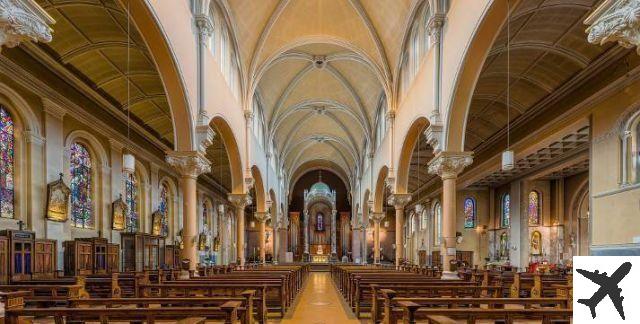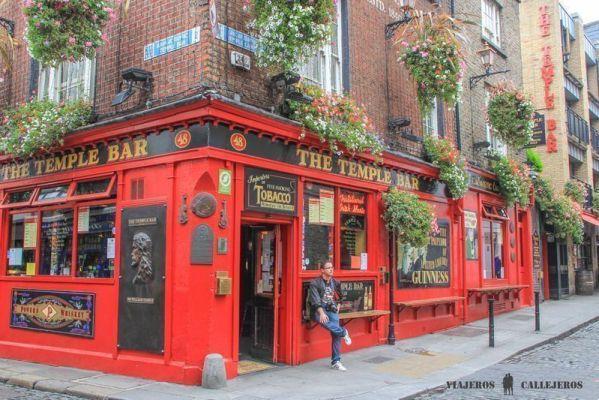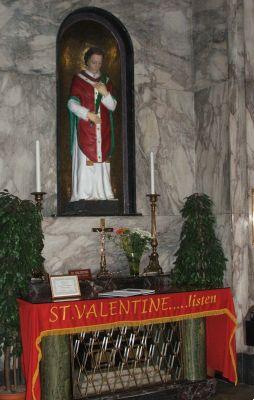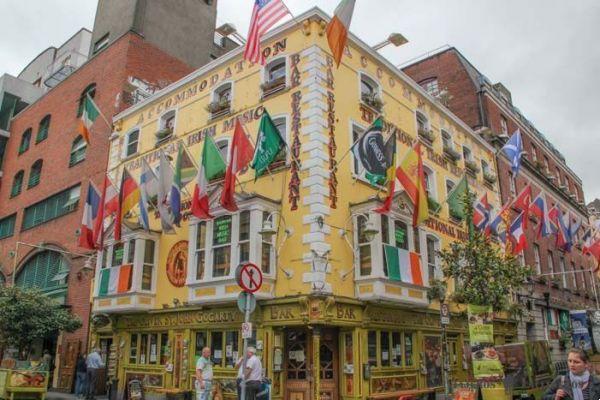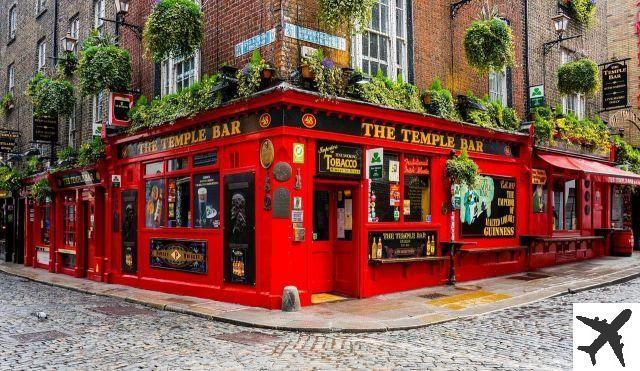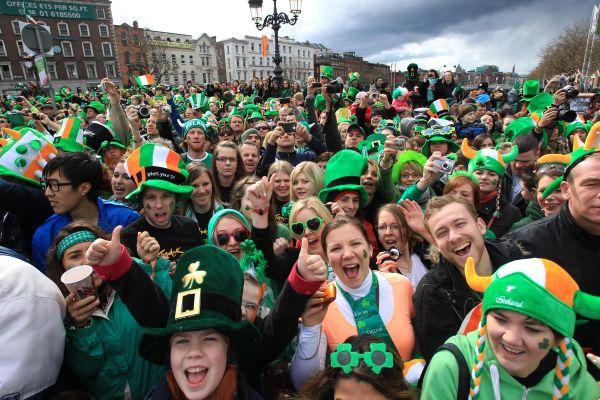
Welcome to ForTravelovers.com, where we love to share information about holidays and celebrations around the world. On this occasion, we will delve into the fascinating world of Saint Patrick's Day, a holiday that is celebrated in several countries and has great cultural relevance. Join us to discover its origin, why it is celebrated and what is specifically commemorated on this date.
Who was Saint Patrick and why does he have a day dedicated to him?
To understand the importance of Saint Patrick's Day, it is essential to know who this historical figure was. Saint Patrick, whose real name was Maewyn Succat, was born in the XNUMXth century in Scotland. Although his life was full of adversity, he managed to become one of the most revered saints of the Catholic Church.
Saint Patrick is known for being the patron saint of Ireland, as he was responsible for bringing Christianity to this land. Through his teachings and actions, he managed to convert a large part of the Irish population to Christianity, leaving an indelible legacy in the history of this country.
St. Patrick's Day is celebrated on March 17, the date on which St. Patrick is believed to have died. This holiday is an opportunity to honor his memory and celebrate Irish heritage and culture around the world.
Origin of St. Patrick's Day
The origin of St. Patrick's Day dates back to the first years after St. Patrick's death. Initially, this holiday was celebrated only in Ireland as a religious commemoration. However, as time went by, the celebration expanded to other countries with a significant Irish diaspora.
In the XNUMXth century, Irish immigrants brought the tradition of St. Patrick's Day with them to the United States, where it became a popular holiday. Over the years, the celebration has spread to other countries such as Canada, Australia and Argentina, among others.
Saint Patrick's Day Celebration
St. Patrick's Day is a holiday full of joy and color. In Ireland, it is celebrated with parades, traditional music, dances and cultural events. The streets are filled with people dressed in green, the characteristic color of this festival, and activities are carried out for the whole family.
In other countries, the celebration of St. Patrick's Day is also very popular. In cities like New York, Chicago, and Boston, large parades are held that attract thousands of people. In addition, bars and restaurants often offer special promotions and typical Irish dishes, such as lamb stew and meat pie.
Relevance of St. Patrick's Day
St. Patrick's Day is a holiday of great importance to both Irish people and Irish communities abroad. This celebration is an opportunity to honor the culture and traditions of Ireland, as well as to strengthen the ties of the Irish diaspora around the world.
Furthermore, St. Patrick's Day has become a holiday that transcends borders and is enjoyed by people of different nationalities. It is an occasion to celebrate cultural diversity and enjoy Irish music, dance and cuisine.
FAQs
What is the meaning of the shamrock on St. Patrick's Day?
The shamrock is one of the most recognized symbols of St. Patrick's Day. According to legend, Saint Patrick used the three-leaf clover to explain the concept of the Holy Trinity to the Irish. Since then, the shamrock has become a symbol of good luck and is closely associated with this holiday.
Why do you wear green on St. Patrick's Day?
The color green is closely associated with Ireland and is associated with the holiday of St. Patrick's Day. It is said that wearing green on this date brings good luck and protection against evil spirits. Furthermore, green is the characteristic color of the Irish landscape, known as the Emerald Isle.
Conclusion
St. Patrick's Day is a holiday full of history, tradition and joy. Over the years, this celebration has transcended the borders of Ireland and has become an occasion to honor Irish culture around the world. Whether enjoying a parade, wearing green or tasting typical dishes, St. Patrick's Day invites us to celebrate cultural diversity and enjoy Irish heritage.
We hope this article has been informative and that you have learned more about the origin, celebration and relevance of St. Patrick's Day. If you have any other questions or comments, please do not hesitate to contact us. Until next time!





